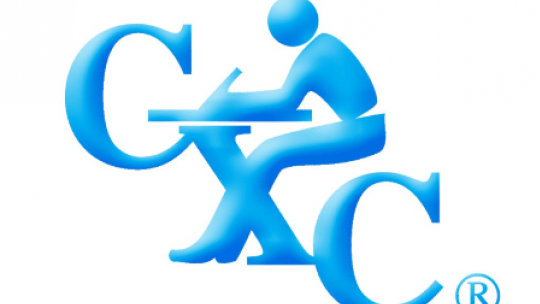Only 32 of the 1,647 candidates from St. Vincent and the Grenadines were among the 11,000 from across the region that obtained no passes in this year’s May/June Caribbean Examination Council (CXC) Certificate of Secondary Education Examinations.
Minister of Education, Jimmy Prince disclosed the information to Parliament on Thursday in response to a question from opposition lawmaker Terrance Ollivierre.
Ollivierre, who is the opposition spokesperson on education, noted that in a ceremony to officially announce the overall performance of candidates in the region, the Registrar for CXC stated that over 11,000 students in the region received no subjects this year.
Ollivierre asked the minister to state how many students from Secondary Schools in St. Vincent and the Grenadines wrote the May/June CSEC examinations; how many, by gender, received no subjects; how many received five or more subjects inclusive of English language and mathematics; and what measures are put in place with the aim of improving students’ performance.
Prince said that 923 of the students from SVG were females and 724 males.
Of the 32 who received no passes, 13 were females and 19 males.
He said 520 students received five or more subjects including of English A and mathematics — 330 females and 190 males.
“I have been advised that this is an improvement over last year,” Prince told Parliament.
He said a number of measures are ongoing to improve students’ performance.
The main one includes effective school principals and Child-Friendly Schools in conjunction with UNICEF, which was implemented at all primary schools and 11 secondary schools.
“The Child Friendly School — CFS — is a framework which seeks to help schools and educational institutions progressively move towards implementation of quality standards. These standards are aimed at addressing all the elements that influence the wellbeing and rights of the children as learners.”
He said the basic role of CSF is to create positive, safe healthy learning environments where all children reach their full potential.
Another measure is the Early Learners Programme, which aims to improve the reading achievement levels of all learners at the early childhood classes, Grades K to 3, which is supported by funds from the USAID.
“And we are attacking the problem here at the primary school at this particular level because we think that the students feed into the primary schools, if they are not properly prepared, would have these problems…”
A third initiative is the global partnership for education OECS education support project, which provides support under four components: curriculum assessment, teacher professional development, leadership and accountability, and monitoring and evaluation.
Under this project the OECS learning standards of assessment framework has been developed for primary schools.
The learning standards in the core subject areas of maths, English language, social studies and science are being piloted at 10 primary schools.
Thirty of the new primary school principals are enrolled in a seven-month leadership-training programme conducted by the University of the West Indies. The project will also provide ongoing professional development for about 450 primary school teachers.
Prince also mentioned the Zero Hunger Trust Fund, which supports classroom teachers by providing assistant teachers in the classroom at selected schools.
The education minister said this helps to ensure that those students who are lagging behind obtain the requisite assistance in a timely and sustained manner.
He said his ministry continues to organise workshops and seminars for teachers at the secondary and primary levels to provide ongoing support and professional development to improve their pedagogical and classroom development skills.
“At the same time, Mr. Speaker, we have been upgrading the physical infrastructure at all public schools and to ensure that they are provided with the requisite resources to improve students’ performance.
“With the right mix of good teaching, strong leadership, parental and community support, an average child should be able to perform well in school,” Prince told Parliament.







A barely trained chimpanzee could pass the dummed down exams.
I doubt Gonsalves could pass them ben, he is more like an ape than a chimp..
They ONLY 32 as if that’s a good thing. That’s a failure in my book.